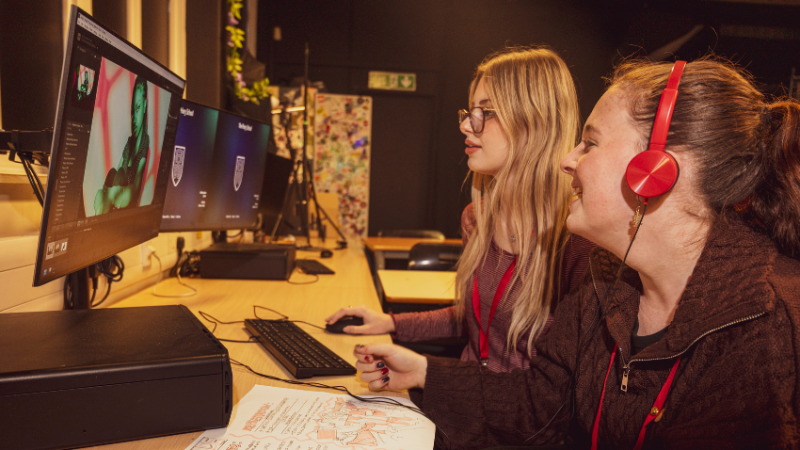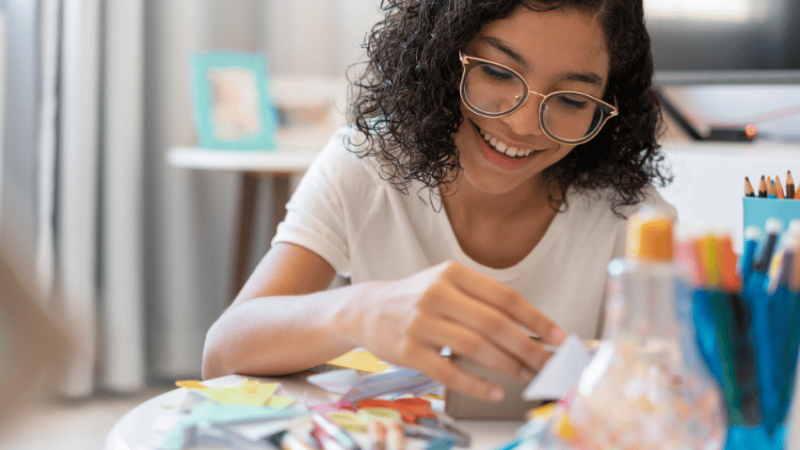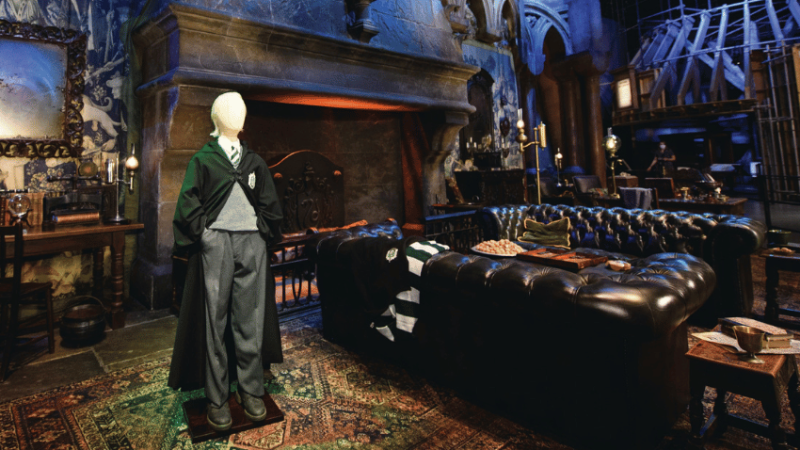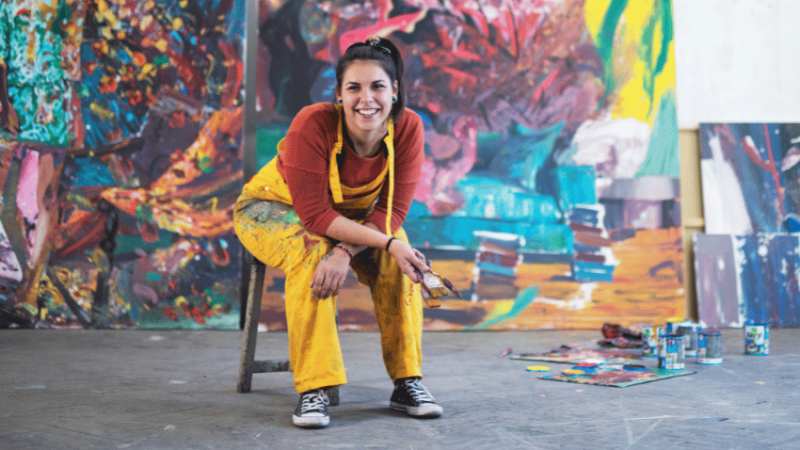Arts funding – Why the government shouldn’t be cutting it in higher education
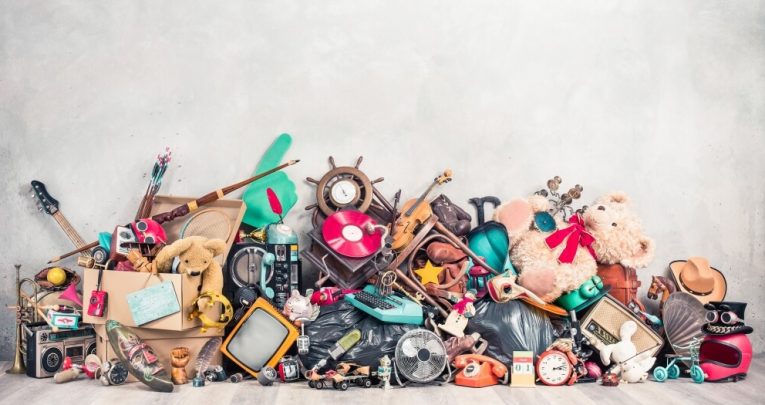
The government’s proposal to slash funding for university arts courses is indicative of either ignorance or callousness, says Hannah Day

- by Hannah Day
- Head of art, media and film at Ludlow College Visit website
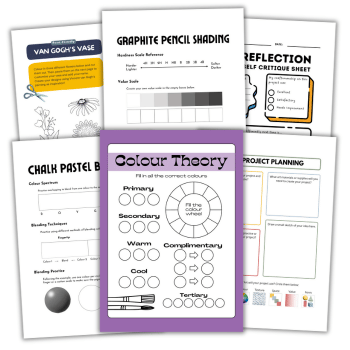
In the most recent edition of Teach Secondary, you can find a piece I wrote about the cross-curricula benefits and relevance of art and design.
In it, I highlighted data-led research by the Cultural Learning Alliance and anecdotal evidence from those working in the fields of law and science. I also pointed out the benefits of creative education for those working in the caring professions, linguists and surgeons – but you readers are smart. You know all this already. You understand perfectly well that education isn’t a series of silos, each kept separate and never impacting on other areas of knowledge.
You’ll also be aware that the UK’s creative industries are huge. So big, in fact, that they add almost £120 billion to the national economy and employ around 2 million people.
These are facts – researched, verified and backed up by the data. So why, yet again, do I find myself opening my morning paper to read headlines describing the actions of a government that either doesn’t realise the value of the arts, or doesn’t care…?
Arts as a preserve of the rich
If you’ve seen the news, then in amongst the polling updates and Scottish and local election predictions, you may have seen details of a proposed 50% cut to funding for arts subjects at university. The term ‘arts subjects’ seems to have been applied in its widest sense, meaning that this won’t affect just, say, the study of fine art or specialist design degrees, but also music, dance, film and more.
This move further compounds the already tangible sense that lessons in creativity are fast becoming the preserve of the rich. Right now, I’m facing one of the hardest decisions I’ve ever had to make as a parent – whether keep my child in her local state school, or send her private. Why? It’s nothing to do with the school’s maths and English provision, pastoral support or quality of teaching, and all to do with its ever-narrowing curriculum.
At the age of seven, my daughter currently experiences virtually no creative learning. In contrast, our private option includes weekly lessons with specialist peripatetic teachers for art, music, ballet and gymnastics. Why should so many children be allowed to miss out on that?
According to a DfE spokesperson, the proposed reforms are designed to funnel taxpayers’ money towards those subjects that support the skills this country needs to ‘build back better’ – a statement revealing an attitude that considers art to be additional, frivolous, not required.
Benefits of arts for all
Okay, so what are those skills? Which sectors does the government want to invest in? Perhaps policing?
Helen Kirkman, a Coventry-based chief inspector, has described Coventry’s upcoming ‘2021 City of Culture’ events as a way of strengthening communities and decreasing crime.
She’s on record as saying, “I have not been involved in working so closely with the arts and cultural sector before, and I am starting to understand what an important part the sector can play in reducing crime and protecting people.”
What about health? Look no further than Roger Kneebone, professor of surgical education at Imperial College London, and a champion of creative education for its benefits in helping medical students understand the world in 3D.
Or how about the climate crisis – the issue that’s seen the biggest increase in importance than any other policy area? Charlotte Webster, founder and director of Human Nature – an organisation that uses art as part of the transition to a sustainable future – sees creativity as a way of showing us all that creating is more rewarding than consuming.
As for the economy, I refer back to my first point. £120 billon. 2 million employed. In fact, can anyone tell me where creativity isn’t considered relevant?
As you read these words, consider the creatives who made this website and its content possible. When you sit down to watch TV this evening, think about all those creatives working together to provide you with entertainment.
Whenever you next read a book, switch on the radio, dress yourself in the morning, sit on a chair, hold a coffee cup – or indeed during any second of your life, try taking a moment to remember all the people who make living that life possible.
Hannah Day is head of visual arts, media and film at Herefordshire and Ludlow Sixth Form College, where she has responsibility for overseeing the department’s teaching and strategic development.





